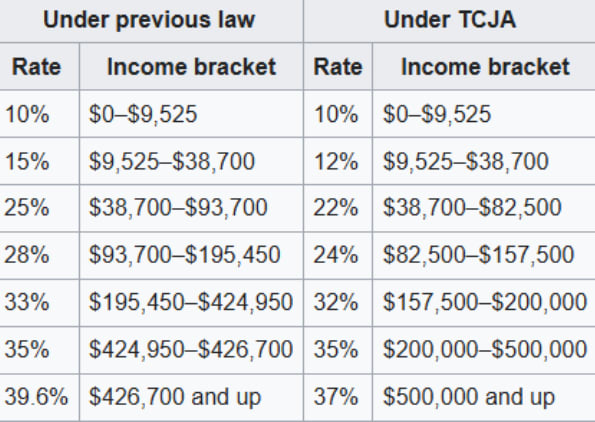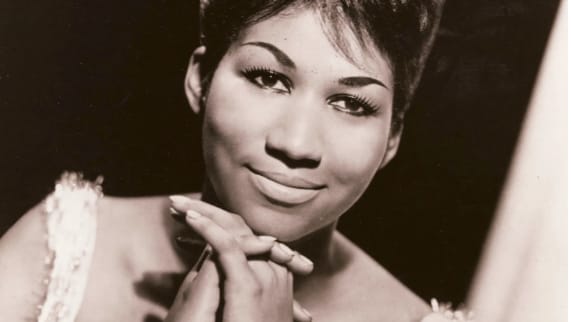Modern American culture has brought us many benefits: we have been pardoned, in some ways, of the cynicism that seems to haunt older generations. Care for not only the present but the future is a hallmark of modernity, decorated by environmentalism, racial and gender equality, and so on. But some Americans have been taking the so-called “liberation” offered by modernity into an excuse to impose radical politics onto some things politics should be very distant from… Banning books is just one sad symptom of this.
Books are condensed insight: portals into any world, or knowledge about any fact. When reality fails, books are there to offer an escape into another one. A work of literature is its own, separate landscape whose topography is marked by expression and emotion. But now, thousands of these unique worlds are being threatened.
In order to understand the cataclysmic potential of book banning, one must look at its history… The Harvard Gutman Library and Columbia University detail that book censorship has long-rooted origins, dating back to 259 B.C. The Chinese Emperor Qin Shi Huang burned any books he deemed subversive to his regime. More recently, in the year 1933, says the Smithsonian Magazine, university students in Germany burned over 25,000 books by authors like Albert Einstein, Sigmund Freud, and Ernest Hemingway, while students gave the Nazi salute. In the Soviet Union, writers had to secretly self-publish their work lest being judged as critiqueable of Soviet practices and then imprisoned. Since then, countless political and religious leaders have continued using book banning as a way to eliminate ideological diversity.
But advocates of book banning will never be so outright: they mostly argue for the protection of children. Indeed, there is great sense to this. Children should not be exposed to mature topics before their appropriate age, and even then at their parents’ discretion. This is an issue to be resolved at the local level: either within the households or with the teacher. If a parent does not wish their child to read a book, then a private conversation with a teacher to opt their child—and only their child—to complete another assignment would surely suffice. The National Coalition Against Censorship has said that “Even books or materials that many find ‘objectionable’ may have educational value, and the decision about what to use in the classroom should be based on professional judgments and standards, not individual preferences.”
Aside from being a ridiculous statement of entitlement—that someone’s personal preferences are so important that a macro-level book ban should be enforced because of them—it is also a denial of healthy exposure to ideas that contrast from your own. Challenged books are some of the best works of art in terms of understanding the differences in the world around you. The Washington University delineates, “Whether we get the chance to see into another person’s experience, or we find our own experiences reflected in a story, we are learning about empathy and self-confidence. That means that books like these are good for all of us, whether we personally identify with the main characters or not. Ultimately, it’s about learning to better understand ourselves and each other so that we can work together to build a better society.” In fact, a study published by Basic and Applied Social Psychology determined that people who read a socially challenged story about a Muslim woman reduced their chances of making stereotypes based on race.
Almost half of Radcliffe Publishing Group’s “Top 100 Novels of the 20th Century” are challenged books that have been banned before. Among them are timeless classics like To Kill a Mockingbird, The Catcher in the Rye, and The Grapes of Wrath. Even J.K. Rowling’s Harry Potter series has been banned in some places in the US because of its depiction of witchcraft.
If this permissive attitude towards book banning continues, the line between good intent and political seizure will blur. Book banning is a surefire slippery slope—if someone has a problem with a book, then they (or their child) should simply not read it.
Although book bans did not originate with “modernity”, they have become increasingly prevalent with it. If having conflicting beliefs with a book warrants its complete ban—in other words, banning books at whim—we are undermining generations of writing and authorship, and reducing self-expression to a mere political machine.











